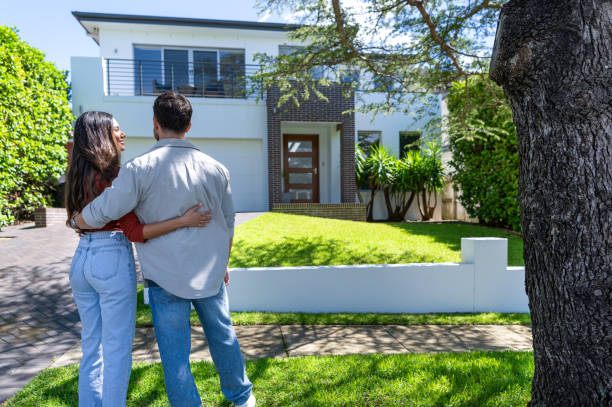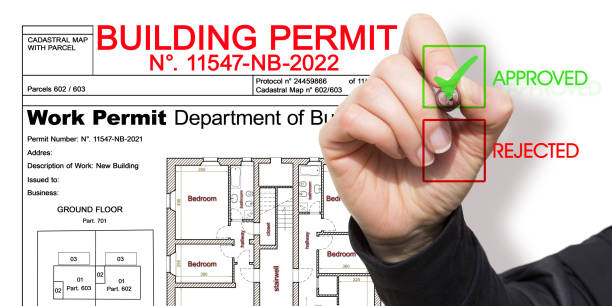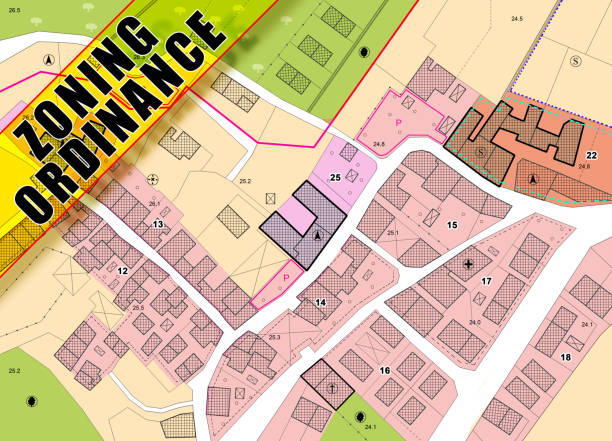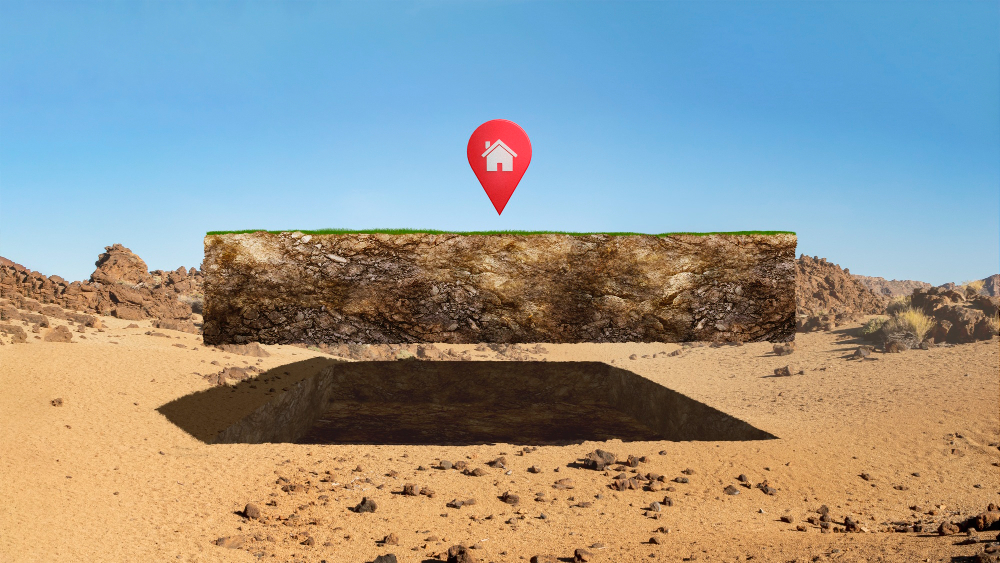The Frustration of Living in the City You Can’t Afford
For decades, Los Angeles has been the dream — perfect weather, creative energy, and endless possibilities. But in 2025, that dream feels harder to hold onto. Many lifelong residents are watching home prices climb while their savings can’t keep up.
Table of Contents
TogglePeople earning six figures can’t qualify for a home that doesn’t need a gut renovation. Others feel like they’ll rent forever because every listing seems either overpriced or unlivable. It’s not just about affordability anymore — it’s about value.
How do you justify paying $800,000 for a small house with a crumbling foundation, in a neighborhood you barely feel safe in? It’s a real question many buyers are asking.
So, can you still buy a home in Los Angeles without packing up and moving to the Inland Empire or the high desert?
Yes — but it takes strategy, patience, and a new mindset about what “buying” really means in this market.
Why So Many Angelenos Feel Stuck
Let’s be honest. The traditional path to homeownership doesn’t work in LA anymore.
People used to buy starter homes in their 20s or early 30s, fix them up, and move up the property ladder. But in today’s market, the “starter home” barely exists.
Here’s why so many buyers feel boxed in:
Prices remain high even after the market cooled. Median home prices in LA still hover near $1 million.
Interest rates haven’t dropped fast enough. Even a small rate increase can mean hundreds more in monthly payments.
Inventory is painfully low. Fewer sellers are listing their homes because they don’t want to lose their low mortgage rates.
Competition from investors is fierce. Cash buyers and developers often swoop in on anything with potential.
The result? Regular buyers feel like they’re playing a game they can’t win.

The “Bad Neighborhood, High Price” Dilemma
Drive across Los Angeles, and you’ll see the same pattern everywhere. Homes that would have sold for $400,000 a decade ago now list for twice that — even if they need full repairs.
It’s not just inflation. It’s zoning, scarcity, and demand. Many older homes sit on land that’s zoned for duplexes or small-lot developments. That’s why developers are willing to pay more — they see future value that regular buyers don’t.
For example:
A small single-family home on an R2 or R3 lot might support multiple units.
A property near a transit corridor might qualify for Transit Oriented Communities (TOC) incentives.
Under SB 9, some lots can be split or redeveloped with additional units.
To an average buyer, that house looks overpriced.
To a developer, it’s a business opportunity.
That’s the real shift in LA’s housing market — the line between “home” and “investment” has blurred.
How Strategic Buyers Are Still Winning
Despite all the frustration, people are still buying in Los Angeles — they’re just doing it differently.
The successful buyers aren’t necessarily looking for a move-in-ready house. They’re looking for possibilities.
Here’s what sets them apart:
1. They Get Feasibility Studies Before Buying
Instead of rushing into escrow, smart buyers get a zoning and feasibility report. This tells them what can legally be built, added, or converted on the property.
Maybe there’s room for an ADU or a garage apartment that could help offset the mortgage. Maybe the lot qualifies for an SB 9 split. A little planning can turn a so-so listing into a long-term win.
2. They Buy “Ugly” Homes in Good Locations
Not every property needs to be perfect right away. Homes near transit, schools, or job centers tend to hold value over time — even if they need updates. Cosmetic issues can be fixed. Location can’t.
3. They Think Like Small Developers
You don’t have to own a construction company to think like one. Strategic buyers consider how a property could be improved for both comfort and value — adding units, upgrading energy systems, or improving design for resale.
4. They Work With Consultants Early
At JDJ Consulting Group, we help clients evaluate not just the structure but also the land’s potential. Understanding zoning, permit timelines, and entitlement possibilities helps buyers make informed choices — and avoid costly surprises later.
The Myth of “Waiting for the Market to Crash”
A common thought among frustrated buyers is, “I’ll wait until prices drop.”
It sounds logical — but history doesn’t support it.
Even when prices dip slightly, high demand and limited supply usually keep Los Angeles from experiencing a full collapse. The city’s economy, lifestyle, and job base create a constant pull.
Instead of waiting for a perfect moment, focus on finding a smart entry point. That could mean:
Buying a smaller home in a better area.
Purchasing with family or friends to share costs.
Finding a property with ADU or duplex potential for extra income.
The market may not get cheaper — but it can still get smarter.
When Renting Still Makes Sense
Let’s be realistic: not everyone can or should buy right now.
Renting isn’t always a failure. For some, it’s a strategic pause — a way to save money, explore neighborhoods, or wait for the right project.
If you’re renting in LA today, use that time wisely:
Track zoning changes and local development plans.
Understand incentive programs like TOC and SB 9.
Build connections with local agents, lenders, and consultants who know the market.
When you’re ready, you’ll move faster and smarter than the average buyer.
🏙️Can You Still Buy a Home in Los Angeles Without Leaving the City?
️Can You Still Buy a Home in Los Angeles Without Leaving the City? Yes — but it takes smart strategy, local insight, and zoning awareness.
1. Why It Feels Out of Reach
- 💸 Median home prices hover around $1 million — affordability is tight.
- 📉 Higher interest rates offset even small price drops.
- 🏘️ Sellers hesitate to list because they can’t afford to buy again.
- 🏦 Cash buyers and developers scoop up underpriced properties fast.
2. Think Like a Developer — Not a Buyer
- 🔍 Run a zoning feasibility check before submitting an offer.
- 🏗️ Search for homes with ADU or duplex potential (R2, R3 zones).
- 📑 Explore SB 9 and small-lot subdivision opportunities.
- 💡 Treat each property as an investment — not just a home.
3. Smart Buyer’s Checklist ✅
4. When Waiting Is the Smarter Move
Sometimes patience pays off. If buying today would stretch your budget, use the time to build credit, study zoning maps, or track SB 9 infill projects. The more you understand LA’s planning process, the stronger your next offer will be.
JDJ Consulting Group · Los Angeles Real Estate & Development Consulting
The Future of Homeownership in Los Angeles
Here’s the truth: Los Angeles will always be expensive. It’s a global city with limited land and endless demand. But expensive doesn’t mean impossible.
The next generation of homeowners won’t necessarily follow the same path their parents did. Instead, they’ll combine ownership with creativity — blending living and investment, comfort and strategy.
We’re already seeing it:
Homeowners adding ADUs to house family members or earn rental income.
Small developers converting old duplexes into fourplexes.
Buyers teaming up to purchase larger properties and divide costs.
These are not pipe dreams. They’re practical responses to a tough market.
How JDJ Consulting Group Helps Buyers Make Sense of It
At JDJ Consulting Group, we see real estate differently. We don’t just look at a home — we look at the whole picture.
Our team helps clients:
Evaluate feasibility and zoning potential before buying.
Understand entitlement and permit processes in Los Angeles.
Navigate city approvals for additions, ADUs, and new developments.
Avoid delays that can cost time and money.
By approaching every property like a mini-development project, buyers gain clarity and confidence. You’ll know what’s possible before you sign the contract — not after.
Why “Thinking Like a Developer” Is the New Normal
Ten years ago, most buyers just wanted a cute house with character. Today, they want a property that works for them — financially, practically, and strategically.
That’s why thinking like a developer isn’t just for professionals anymore. It’s how everyday buyers survive in a high-cost market.
Here’s what that mindset looks like:
Viewing a home as both a place to live and an asset to improve.
Learning how zoning and density bonuses work.
Understanding the timeline and costs of city approvals.
Making data-driven decisions, not emotional ones.
If you adopt this mindset, you stop competing with every other desperate buyer and start operating from a place of knowledge.
A Reality Check — and a Ray of Hope
Let’s be real: Los Angeles is not an easy city for homebuyers. The math often feels impossible. But giving up on homeownership entirely isn’t the answer either.
Yes, the system feels unfair. Yes, investors have advantages. But creative, informed buyers still have paths forward.
The key is to replace frustration with information. Replace fear with strategy. And replace waiting with action — even small steps like getting a feasibility report or learning about your target neighborhood’s zoning.
At JDJ Consulting Group, we’ve seen clients who once felt stuck end up making smart, life-changing investments — not because the market became easier, but because they became smarter participants in it.
Final Thoughts
So, can you still buy a home in Los Angeles without leaving the city?
Absolutely — if you redefine what “buying” means.
It’s no longer just about finding a house that fits your budget. It’s about understanding what that property could become in the future.
In a city where space is limited and creativity thrives, the best opportunities often hide in plain sight — under a leaky roof, behind old zoning lines, or within a lot most people overlook.
If you’re ready to think differently, JDJ Consulting Group can help you see what others miss — and find your place in the city you still want to call home.
Article courtesy: Reddit post






